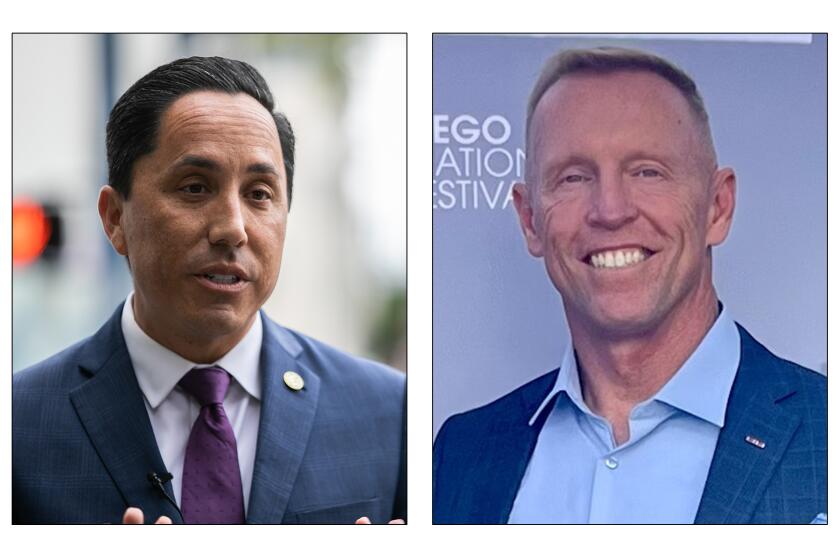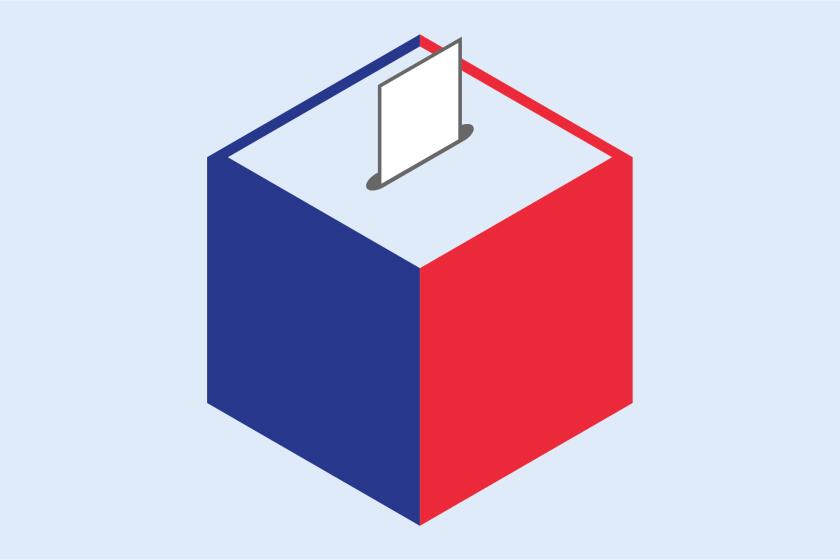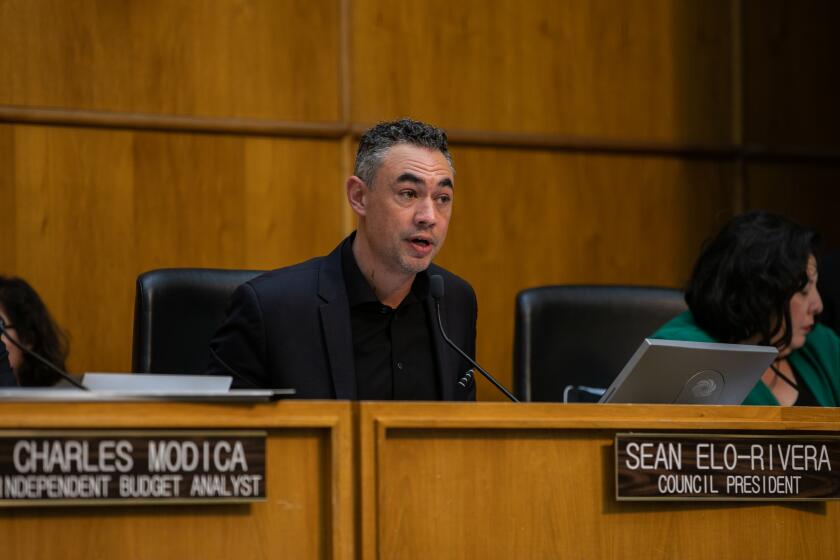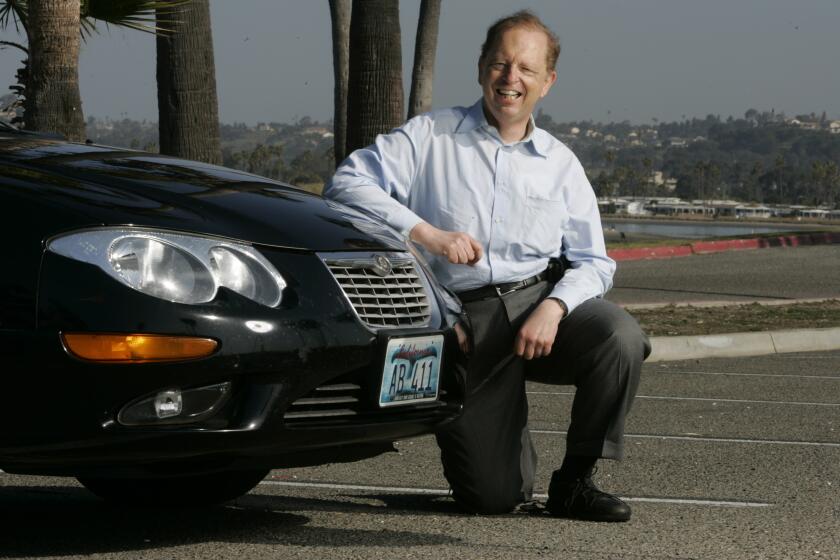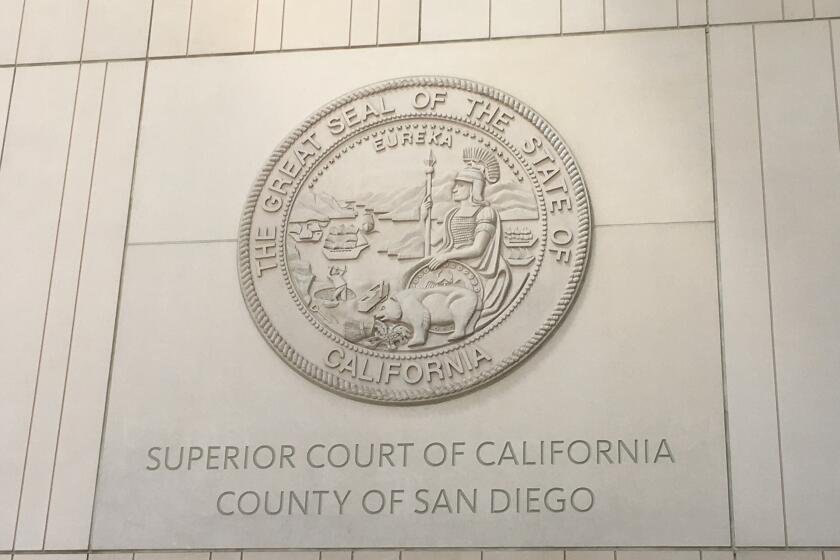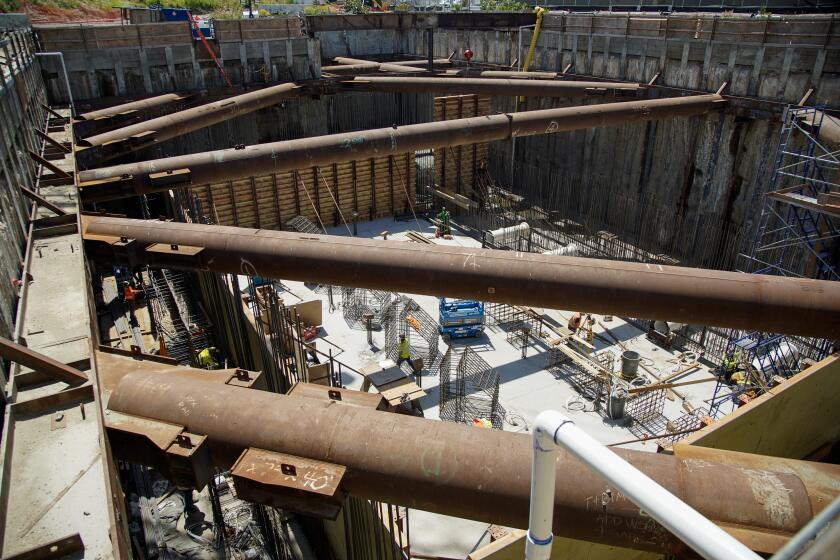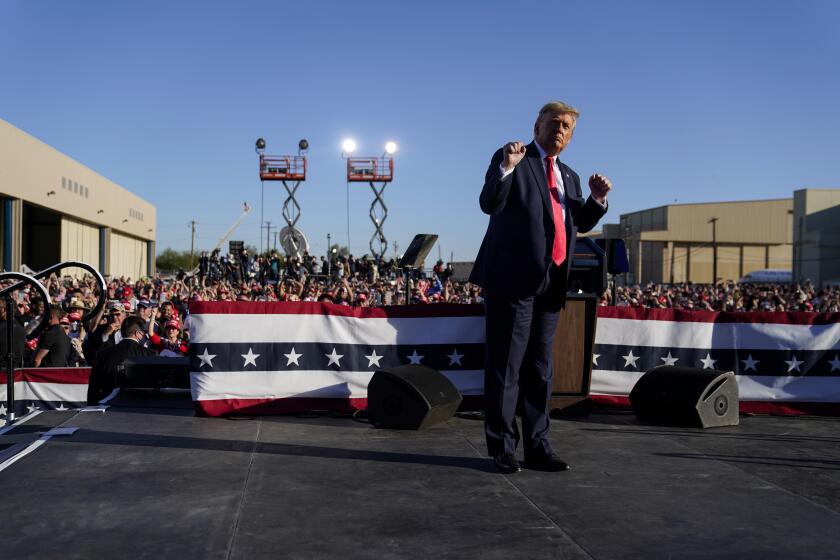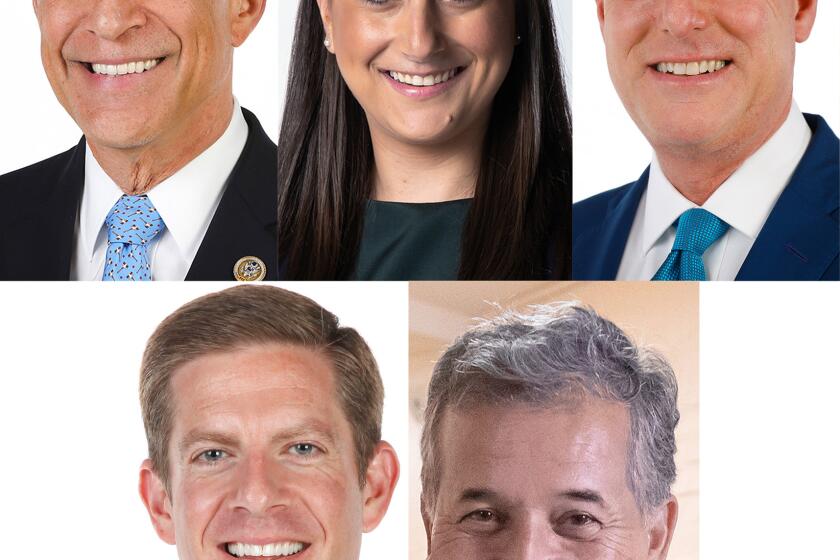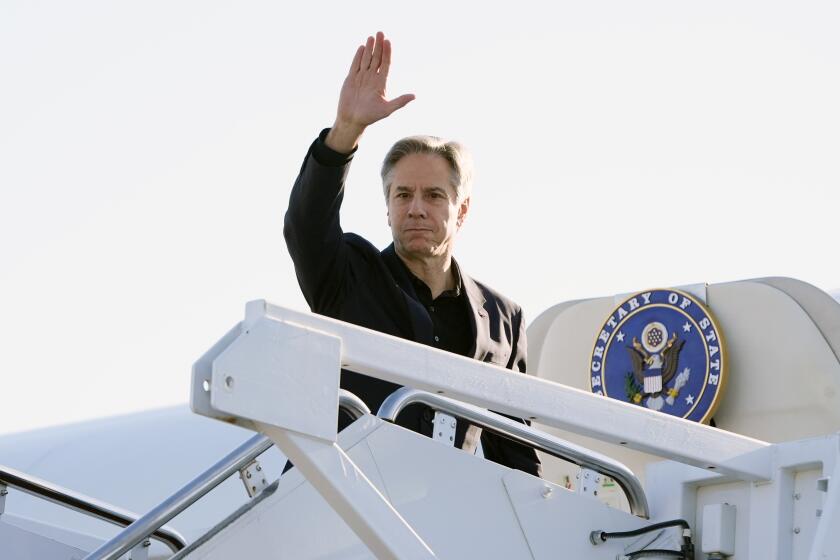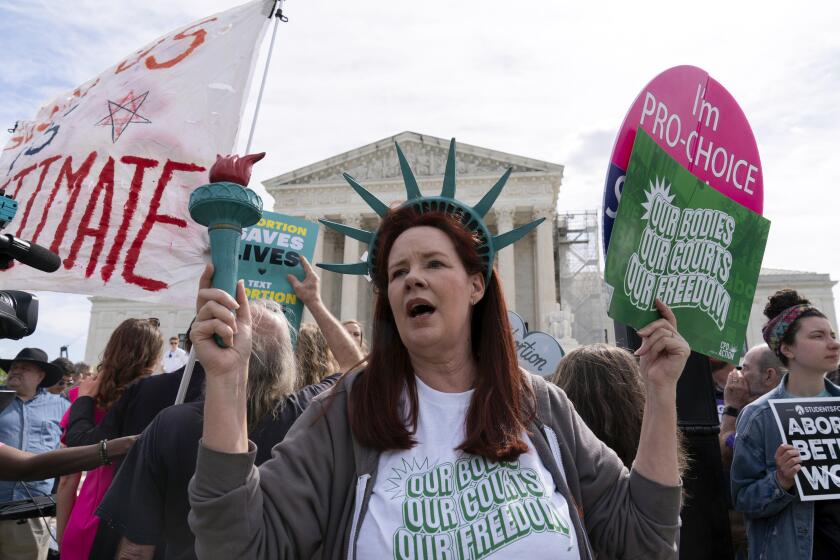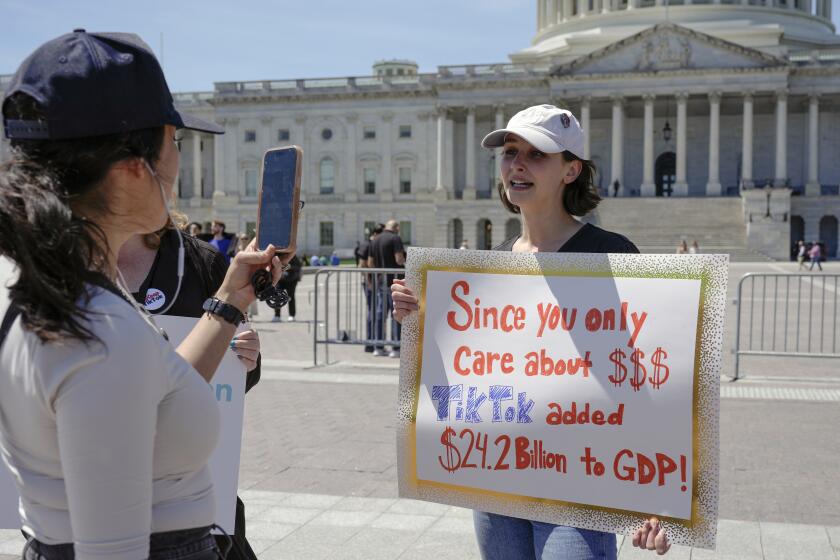Chargers stadium faces higher vote hurdle
The state Supreme Court late Wednesday temporarily blocked a March lower court ruling that said tax increases like the Chargers stadium initiative need approval from a simple majority instead of two-thirds of voters.
The decision to review the appellate court ruling, which could lead to overturning it, will have an impact across the state. There has been uncertainty since the spring about whether tax increases by citizens initiative might be subject to the lower approval threshold going forward.
Chargers stadium: Complete coverage
While the decision to review the previous ruling doesn’t necessarily mean it will get overturned, it’s a blow to the Chargers initiative and any similar tax increases on the November ballot because of timing.
When the state Supreme Court decides to review a case, it typically takes many months — if not years — for a ruling to come.
For example, the state Supreme Court announced in July 2014 that it would review a lower court ruling that text messages by city officials are not public records, and arguments still haven’t been scheduled in that case San Jose v. Superior Court.
The state Supreme Court may eventually uphold the Fourth District Court of Appeal’s ruling that tax increases require only majority approval if they are placed on the ballot by citizens’ initiative instead of by a government agency. But it will almost certainly be too late for the Chargers and others pursuing citizens’ initiatives this fall.
Once the court decides to hear arguments, a briefing schedule is set and then the court has 60 days after it hears oral testimony to render its decision. So it doesn’t seem that even the most optimistic timeline would bring a decision before November.
The high court’s decision to review the case means the appellate ruling is no longer the law of the land, which it had been since March.
In addition to the Chargers proposal, which would increase local hotel taxes to pay for a downtown stadium and convention center annex, the appellate ruling would have lowered voter approval to a simple majority for school bond measures, sales tax hikes and other increases as long as such proposals began with a citizens’ initiative.
City Attorney Jan Goldsmith, who said in March the appellate ruling would be “seminal” if it holds up, said late Wednesday that the need for a two-thirds majority is back in place.
“Absent further court rulings, we plan to return to well-established law requiring two-thirds voter approval,” he said.
The Chargers have said they’re approaching their initiative campaign based on the assumption that the two-thirds approval threshold would apply.
“We’re operating as if it’s two-thirds,” team adviser Fred Maas said in late March.
However, the lower hurdle of a simple majority would certainly have boosted the Chargers’ chances of success. Many believe two-thirds approval is nearly unattainable for the team, especially with significant opposition already emerging.
On Wednesday night, team spokesman Mark Fabiani declined to comment.
The Chargers submitted 110,786 signatures on June 10 and the county Registrar of Voters is scheduled to complete verification of those by July 10.
The team needs nearly 67,000 valid signatures from registered city voters to qualify for the November ballot.
The Chargers initiative asks voters to raise the tax on hotel stays to 16.5 percent from 12.5 percent so that a city-controlled entity could sell bonds to help finance the $1.8 billion project. The team has said it would provide $650 million, with $300 million coming from the NFL and $350 million from Chargers ownership, stadium-only sponsorship deals and personal seat licenses.
The Citizens’ Plan, a separate proposal to build a downtown convention center annex and possibly a connected stadium, would also revert to two-thirds voter approval, based on a memo from Goldsmith in April.
In that memo, which harshly criticized the Citizens’ Plan, Goldsmith said the proposal needs two-thirds approval —without the appellate ruling — because it raises taxes for a specific purpose: a convention center annex.
The man promoting that proposal, attorney Cory Briggs, contends he would only need simple majority approval.
Attorneys across California have disagreed about whether the appellate ruling will eventually be overturned or vindicated by the state Supreme Court.
But many predicted the ruling would get reviewed after the city of Upland in San Bernardino County filed a petition for review in April in the case, California Cannabis Coalition v. City of Upland, which is a dispute about fees proposed for medical marijuana dispensaries.
Those predicting it will get overturned often cite Proposition 218 in 1996 and Proposition 13 in 1978, which amended the state constitution to require a two-thirds vote for all tax increases where revenue would be spent on something specific.
Tax increases for general purposes require only a simple majority.
The appellate ruling, however, said citizens’ initiatives aren’t subject to some of the constitutional amendments voters made when they approved those propositions, because they aimed to limit taxes imposed by governments, not citizens.
Goldsmith said in March that there’s some reason to believe the appellate ruling will be upheld.
The state Supreme Court in 2014 ruled that projects proposed by citizens’ initiative, unlike projects proposed by government agencies, aren’t subject to the rigorous requirements of the California Environmental Quality Act.
That ruling prompted stadium proposals by citizens’ initiative sponsored in Inglewood by the Rams and in Carson by the Chargers and Raiders.
Goldsmith said the court making an exception for citizens’ initiatives in the CEQA case makes it more likely they will do so again when it comes to two-thirds approval.
Get Essential San Diego, weekday mornings
Get top headlines from the Union-Tribune in your inbox weekday mornings, including top news, local, sports, business, entertainment and opinion.
You may occasionally receive promotional content from the San Diego Union-Tribune.

